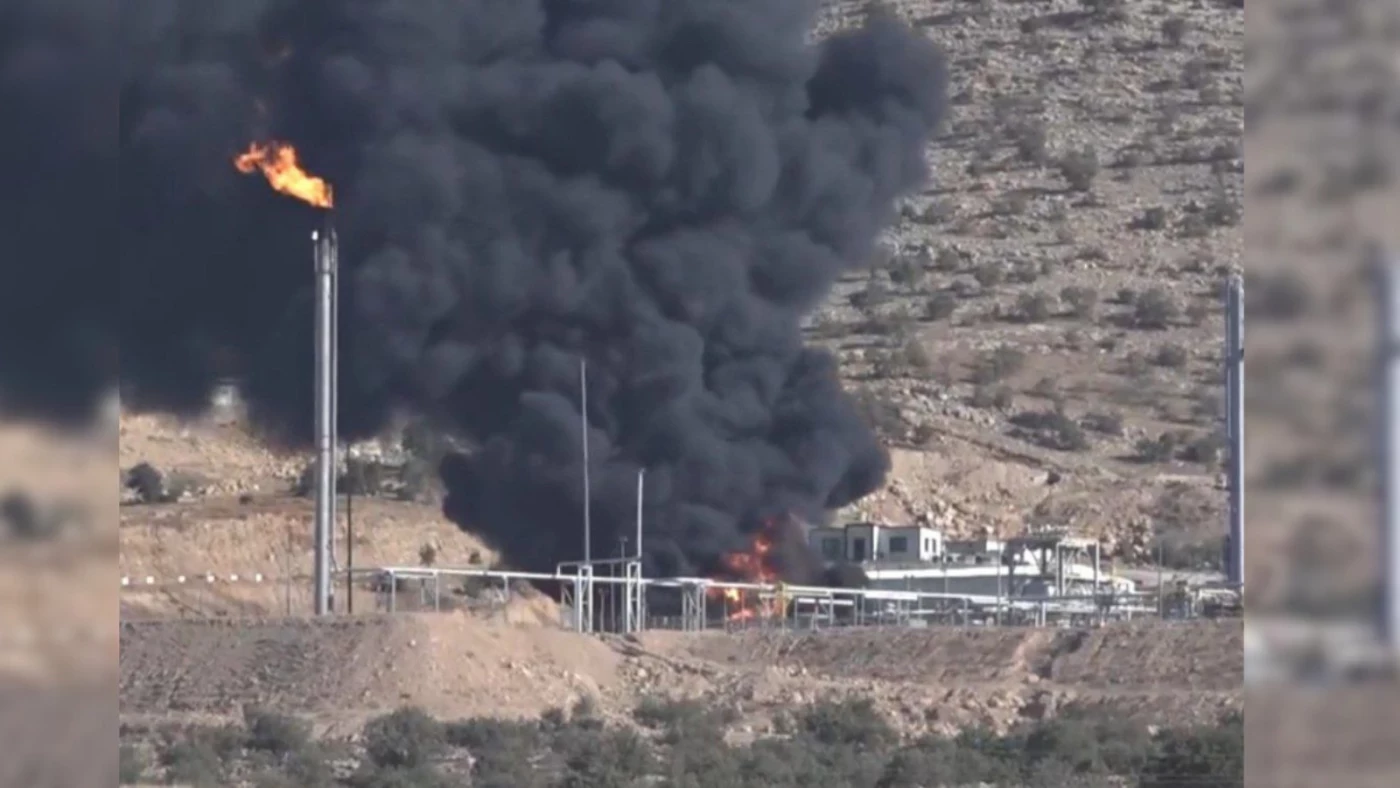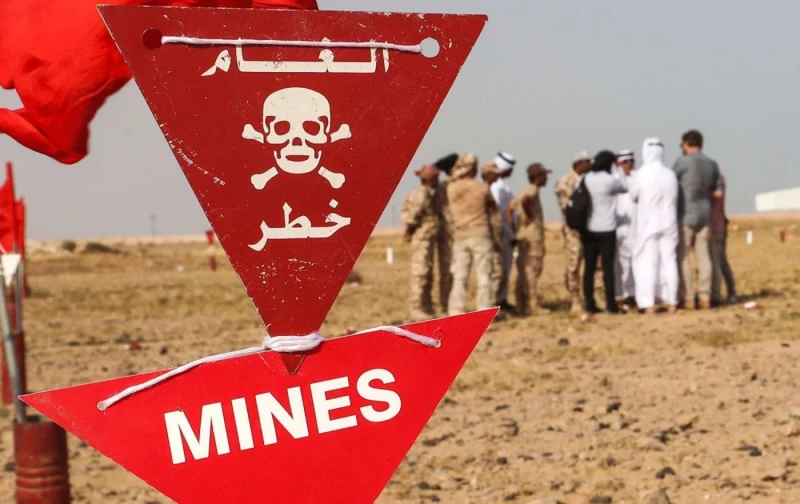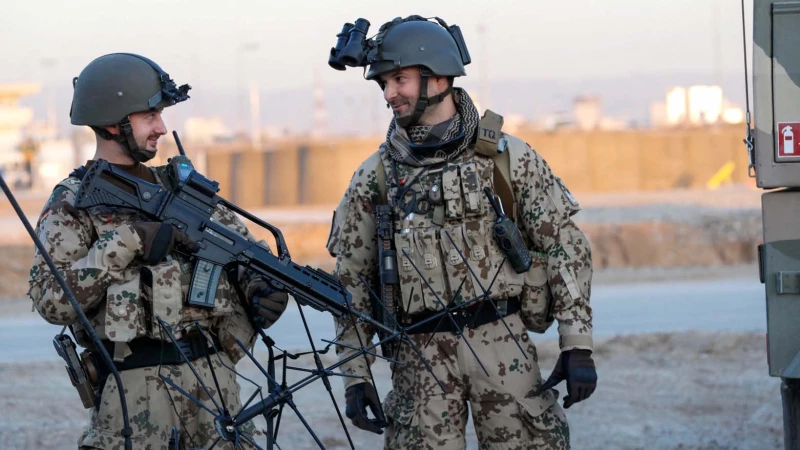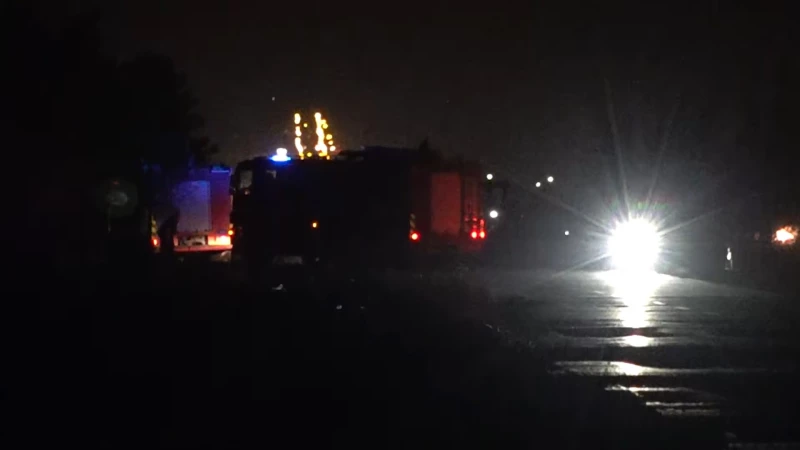ERBIL, Kurdistan Region of Iraq – The drones that have been targeting the Kurdistan Region’s energy infrastructure and oil fields over the last few weeks were launched from Kirkuk’s Dibis district, Aziz Ahmed, Chief of Staff to the Kurdistan Region’s prime minister said on Saturday.
Coinciding with the announcement of a ceasefire between Iran and Israel, the Kurdistan Region and Kirkuk have come under a series of drone attacks since late June, with no party claiming responsibility for any of the attacks.
“The suicide drones that targeted oil fields in the Kurdistan Region last week flew from Dibis, Kirkuk,” said Ahmed in a tweet on Saturday, without providing any further detail.
The attacks have predominantly targeted the Region’ energy infrastructure, with oil facilities coming under attack on an almost daily basis across the Kurdistan Region over the past week, prompting international oil companies operating in the Region to suspend production.
The Iraqi Joint Operations Command on Friday announced that their forces have launched a “wide-scale inspection operation,” covering numerous locations in the Hatra desert within the sectors of western Nineveh and Salahaddin, aimed at tracking down the parties responsible for the recent attacks on oil fields in the Kurdistan Region and thwarting their attempts at targeting “vital assets” in the country.
The aerial campaign against the Kurdistan Region’s economic infrastructure has sparked condemnation from global actors, with the US warning that the attacks “imperil Iraq’s stability and economic future,” while noting that Washington holds the Iraqi government responsible for protecting its territory and citizens. The UK, meanwhile, also condemned the attacks and called on the Iraqi government to prevent further attacks and hold the perpetrators accountable.
The Kurdistan Region's Ministry of Natural Resources has voiced “deep concern” over the continued strikes on the Region's energy infrastructure, condemning them as “terrorist” attacks and renewing calls for the Iraqi federal government and the international community to “protect civilian lives” and prevent further attacks on the Region's energy sector.



 Facebook
Facebook
 LinkedIn
LinkedIn
 Telegram
Telegram
 X
X


